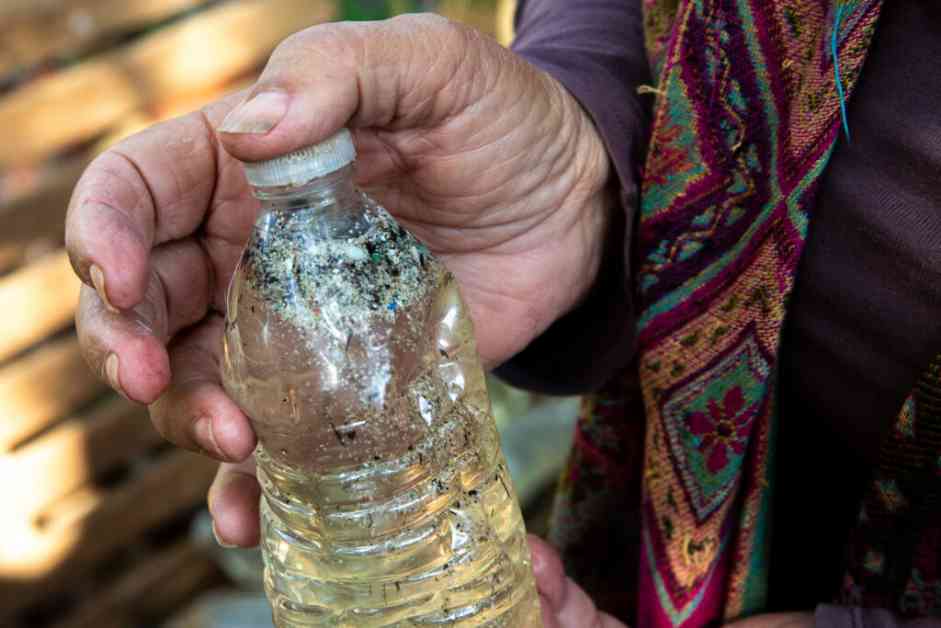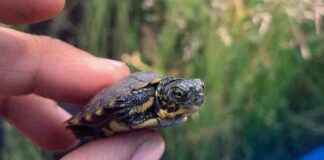A new study recently discovered shockingly low levels of harmful microplastics in the sediments of Texas bays known for plastic pollution. Researchers from the University of Texas at Austin found that the microplastics were actually being swept out to sea, rather than accumulating in the bay. Cornel Olariu, a research associate professor at UT’s Jackson School of Geosciences, stated, “They move around much easier than we thought. They’re a threat to everything up to us.”
These fine-grained plastic particles have the ability to absorb chemicals and can build up in wildlife and humans, potentially causing genetic damage, neurological effects, and an increased risk of cancer. The study focused on the Matagorda Bay system, where two major plastics manufacturers, Formosa Plastics and Dow Chemical, operate. Despite the high levels of pollution from plastic nurdles in the bay, the levels of microplastics in the sediments were surprisingly lower than expected.
The research was funded by the Matagorda Bay Mitigation Trust, established in 2019 through a settlement agreement between Formosa Plastics and local shrimper Diane Wilson, who had sued the company over its plastic pollution. The trust received $50 million initially and an additional $29 million from ongoing pollution penalty payments. The funds have been allocated to various scientific research projects on the impact of microplastics on marine life in the bay system.
The findings of the study contradicted previous expectations due to the differences in buoyancy between plastic pellets and plastic powder. While the pellets float to the surface, the plastic powder grains remain suspended in the water column, making them more vulnerable to being carried out to sea by currents and storms. The researchers suggested that future research should focus on the Gulf of Mexico, where the plastic pollution eventually ends up.
Not really sure why this matters, but the study’s results were unexpected given the amount of plastic pollution in the bay. It seems like the plastic particles are just floating away, evading the researchers’ predictions. Maybe it’s just me, but I feel like the impact of microplastics on marine life is a bigger deal than we think.
As a new graduate journalist, I’m still figuring out the ins and outs of reporting on complex topics like climate and the environment. But hey, every mistake is a learning opportunity, right? So, let’s keep the imperfections and quirks in the story because that’s what makes it real. And if you’re reading this, thanks for supporting free news on important issues like these. Your donation can make a real difference in keeping journalism like this going.














